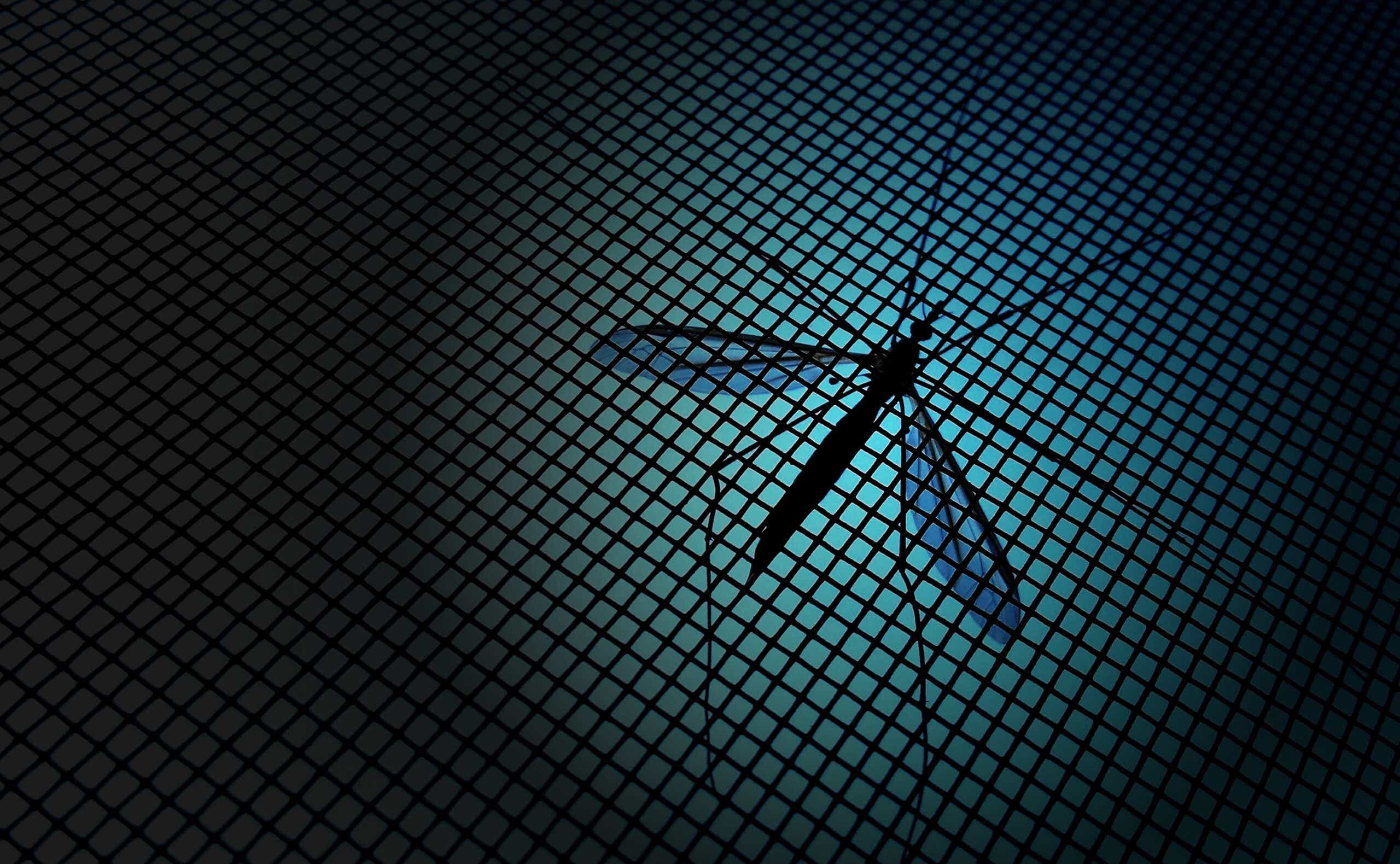While summer brings with it so many joys, there are some downsides to the warmer weather and spending more time outside. Nothing sucks the fun out of a spring or summer soiree like uninvited guests in the form of a mosquito swarm.
It’s no coincidence that these little bloodsuckers show up this time of year — they’re drawn to higher temps and humidity. And it’s not only the warmer weather they’re fans of; you know that friend who swears mosquitoes “love” her? She might be right.
What blood type do mosquitoes like?
Some people are more attractive to mosquitoes than others; studies have shown that an estimated 20 percent of people are more genetically predisposed to getting bitten. Other factors include certain blood types (particularly those with O), body odors, metabolism, exercise levels, clothing color, and possibly even certain foods. (Though despite what you may have heard, there’s no conclusive evidence that garlic or beer will repel or attract the insects.)
“There are various little individual chemical cues that differ each of us from one another, and mosquitoes can detect that,” says Daniel Markowski, Ph.D., who’s a technical advisor at the American Mosquito Control Association.
The good news is that scientists are using these discoveries to devise more effective mosquito repellents. But knowledge is also the power to keep them at bay, so we’re breaking down some other facts you may not know about one of humanity’s most prevalent (and most dangerous) foes.
Mosquitoes have been around for a long time
Mosquitoes have been on this planet for more than 100 million years. The earliest fossil evidence of mosquitoes dates back to the Cretaceous period, when dinosaurs roamed the earth.
Even though they’ve been around for a while, entomologist Dina Fonseca says there’s still so much we don’t know about mosquitoes, because they’re so difficult to study. That’s due in large part to the fact that they require very specific conditions to thrive, which can be difficult to replicate in a lab.
“We’ve been so focused on figuring out ways of killing mosquitoes that we’ve often not spent the time or the effort to understand their ecology, so we actually know very little about the ecology of mosquitoes,” says Fonseca, who’s a professor at Rutgers University.
Do male mosquitoes bite?
Female mosquitoes are notorious for being the only ones that feast on humans. Unlike males, they use us as a snack because they need the proteins and other nourishment from human blood to lay their eggs.
Not all mosquitoes like human blood
Then again, not all mosquitoes prefer human blood. Out of the more than 3,000 species of mosquitoes around the world, only a few drink human blood — the others prefer the blood of different mammals, like cows. Fonseca says some species even prefer reptiles, including frogs, snakes, or even alligators. Others prefer plants — certain types of flowers like orchids are only pollinated by mosquitoes.
Mosquitoes are very deadly
With most only weighing around 5mg, it’s hard to believe that mosquitoes are considered the world’s deadliest animal on the planet. But it’s true: Almost one million people die of a mosquito-borne disease each year.
“Shark week has nothing against mosquitoes: More people die from mosquito bites every year than any other animal bite on the planet, and that’s been the case throughout human history,” says Dr. Markowski.
Mosquitoes are addicted to Co2
To say that mosquitoes love carbon dioxide would be an understatement — they’re instantly drawn to it. Dr. Markowski says this has something to do with the fact that they use this chemical that’s released from our breath as their primary means of locating their next feast.
“Mosquitoes can detect carbon dioxide up to maybe 75 to a hundred meters away,” he tells us.
Where do mosquitoes live and breed?
Mosquitoes love to breed around your home. Some of the most dangerous species, such as the Culex, lay their eggs in water-filled containers that can often be found in backyards. Other favorite spots include garbage cans, clogged gutters, tires, and basically anything that can collect water, like pet food bowls or plant pots.
“Most mosquitoes live in our homes or backyards,” says Professor Fonseca. “And some of these mosquitoes are even developing completely indoors.”
But there are some ways to protect yourself — both inside and outside of your home. While Dr. Markowski says bug repellents like OFF! are considered the “gold standard” for protection, he says there are also a lot of effective alternatives, such as essential oils and herbal sprays, like those that use rosemary. If you’re looking for a natural bug spray, Team KCM is a fan of Kinfield’s first-of-its-kind formula that repels mosquitoes with a unique strain of Indonesian citronella (and they just launched a line of bug spray wipes, which is music to our ears/skin).
Whether you opt for commercial sprays or something more natural, your best bet is to spray yourself down for safety. And when the mosquitoes get too vicious, it might be time to take refuge indoors.









